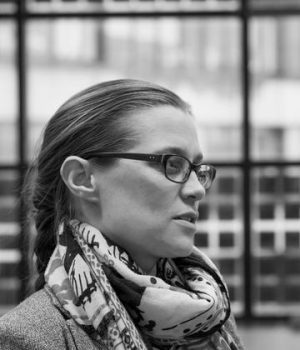Dr Naomi Vaughan and Dr Aimie Hope work on Beyond Cost and Carbon – a Leverhulme funded project based at the Tyndall Centre, University of East Anglia. The project focuses on Carbon Dioxide Removal (CDR) methods (technological and land based) and associated areas (e.g., bioenergy) which together have a pivotal role in achieving net zero emissions and limiting the impacts of climate change.
CDR methods present a range of challenges from the technical and economic to the political, social, and temporal – with the actual timing of carbon removal often working on relatively long timeframes (e.g., 2050 and beyond) and incrementally (e.g., afforestation). Policymakers seeking to assess the feasibility of CDR methods are therefore faced with a challenging and fast changing field combined with uncertainties which increase over CDR project lifespans.
Beyond Cost and Carbon focusses on how to include more real-world complexity (i.e., a broader range of insights and evidence types including social, qualitative) into assessments of CDR and associated decision making for policy.
We started this project by exploring how evidence is gathered on CDR via expert consultation for use by policymakers, looking to identify which factors may impact on the nature and robustness of evidence gathering procedures. In doing so we have been exploring such factors as the types of evidence gathered, the balance of stakeholders present, how meetings are run, and what it is like to be involved in these processes both as a convenor and as a participant. The interviews included representatives from commerce, NGOs, policy, and a range of academic disciplines. The publication for this research is currently under review. We have presented our findings and recommendations for policymakers to the Government Office for Science. Dr Aimie Hope will also be presenting the findings at the RGS-IBG Annual International Conference in Birmingham (26-29 August 2025).
We are now working to develop a new conceptual framework for assessing ‘real-world’ delivery risks to CDR. This is needed because unrealistic (or overly optimistic) estimates of CDR contributions to net zero (e.g., from modelling) potentially pose serious risks, including undermining efforts for current emissions reductions. There is, therefore, an urgent need for policies to be more attuned to real-world features of CDR implementation and cognisant of their delivery risks. This framework will help to identify critical delivery risks and give a more realistic picture of CDR potential in the UK. By centring underrepresented insights (e.g., from the social sciences), this framework is designed to complement existing assessment methods with a more technical and economic focus. Dr Aimie Hope will be presenting findings at the Tyndall Centre Critical Decade for Climate Action Conference at the University of East Anglia (8-10 September 2025).






